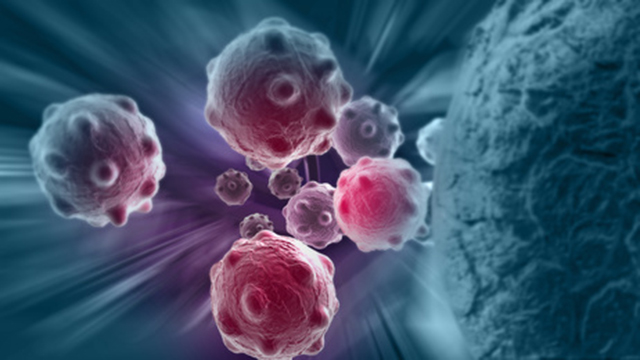Colon cancer is the third most commonly diagnosed cancer and is the second leading cause of death by cancer amongst men and women, according to the Colon Cancer Alliance.
The American Cancer Society estimates 49,700 colon cancer deaths in the U.S. in the year 2015.
Because colorectal cancer has been so difficult to treat, researchers from EPFL in Switzerland have been working hard to find a new approach. Their new discoveries show that vitamin A is a potent colon cancer fighter.
Chemotherapy is the traditional treatment for colon cancer, and while effective, there are persistent cancer cells located in the cancer stem cells that can cause relapses. This is mainly due to a protein called HOXA5, which is blocked by cancer cells.
The study press release explains:
However, the research team from EPFL led by Joerg Huelsken has announced that they were able to reactivate HOXA5 by targeting it with a vitamin A structure known as retinoids. By testing this method on mice, they found that retinoids reopened passageways from HOXA5 and inhibited tumor growth.
“The new study suggests that patients that may profit from this well-tolerated treatment can be identified based on their expression pattern for the HOXA5 gene,” the authors wrote.
The study showing that vitamin A is a potent colon cancer fighter was published in the journal Cancer Cell.
Note: None of the information in our website is intended to diagnose, treat, cure or prevent any illness or disease. The content on our website is for educational purposes only.
DON’T FORGET to sign up for our weekly newsletter to get our latest articles, updates, free recipes and giveaways.
Vitamin C may fight colon cancer.
Plums may reduce the risk of colon cancer.
Drinking coffee may improve survival in colon cancer patients.
REFERENCES:
1. “Colon Cancer Statistics.” Colon Cancer Alliance. Colon Cancer Alliance, n.d. Web. 25 Dec. 2015.
2. “Treating Colon Cancer with Vitamin A.” EurekAlert! EurekAlert!, n.d. Web. 25 Dec. 2015.
3. “HOXA5 Counteracts Stem Cell Traits by Inhibiting Wnt Signaling in Colorectal Cancer.” Cancer Cell. Cancer Cell, n.d. Web. 25 Dec. 2015.

















